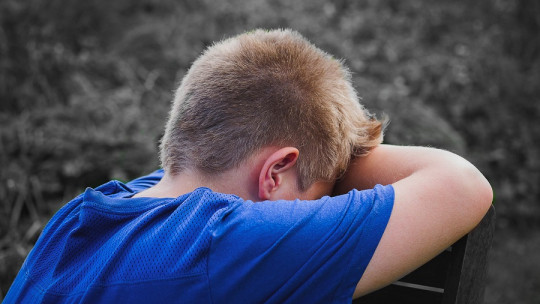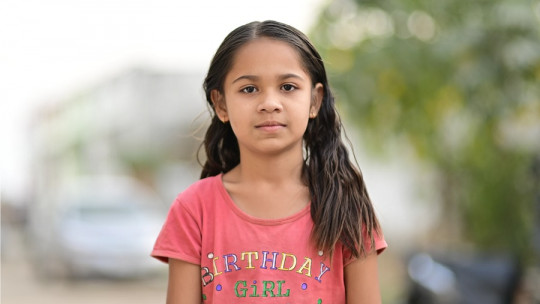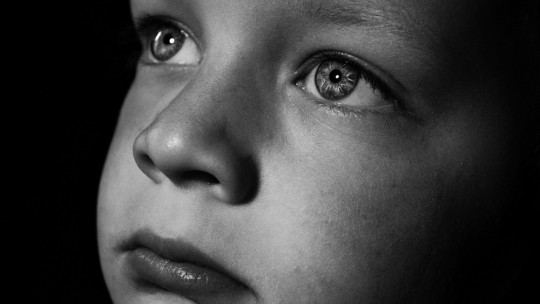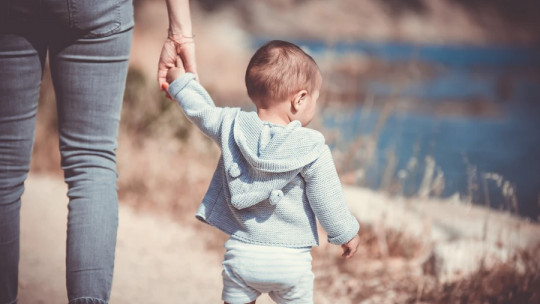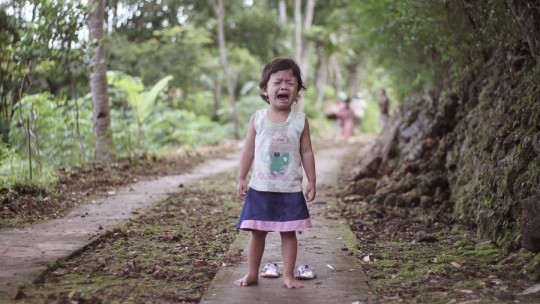Sexual abuse in childhood is among the most common causes of psychological trauma
In this article we will see its keys as an element of mental health disruption. Understanding the psychological elements at the base of childhood trauma is important to know how to act in these cases.
What is a trauma?
The human mind is characterized by its dynamism, the way in which our interaction with the world and with those who inhabit it evolves our way of interpreting things, thinking and feeling. It is thanks to this dynamic nature of the mind that we are so predisposed to learn in all types of situations; in fact, we do it constantly, even when we don’t realize it. Precisely for this reason we are able to carry out tasks that are very far from the skills with which we are born: learning several languages, reading, playing complex sports, etc.
But This tendency to learn is not limited only to internalizing verbalizable knowledge (knowing history, philosophy…) or ways to coordinate our muscles to know how to move in certain situations that require it (driving, climbing, etc.). It also includes a predisposition to learn through emotions.
Many experiences we go through mark us, for better and for worse, something that should not surprise us: emotions are the main element that motivates us to adapt to the circumstances we live in and overcome difficulties without falling into the same mistakes again and again. . But sometimes, these emotional marks are so intense that they become dysfunctional, a problem that goes beyond the painful experience that generated that memory. This is what happens with trauma.
Trauma occurs when we are not able to integrate the contents of a certain experience that made us suffer a lot into our memories normally ; This causes us to evoke again and again the emotions and sensations linked to that part of our emotional memory, and that experience disturbs us, generating anxiety, fear, or in extreme cases, even dissociations. In most cases, trauma is caused by experiences associated with violence or catastrophes and accidents, with sexual abuse being among this type of experience.
Traumatic disorders in childhood
Psychological trauma is a phenomenon that can occur in people of any age, but childhood is the time of life when we are most vulnerable to it. At these ages, the mark left by the traumatic event usually leaves more consequences, and these have a greater capacity to negatively affect the psychological development of the victim.
On the one hand, The feeling of helplessness of children with trauma is usually greater, having a lesser ability to identify and express their emotions. Although it has been proven that expressing what we feel in words helps to overcome traumatic events, in the first years of life it is difficult to make use of this type of resources (which are part of what is known as “emotional labeling”).
On the other hand, the lack of information, references, material resources and criteria to know what to do, means that many minors are not even able to leave the context that can expose them more often to traumatic situations: homes in which there is domestic violence, educational centers in which abuse occurs, etc. In fact, it is very common for them to feel guilty about what happens to them.
Since the way in which we manage our emotions when facing painful situations greatly affects how they are reflected in our memories, sexual abuse in childhood is capable of giving rise to a chain reaction of psychological problems that last for many years. years, especially if psychological treatment is never available. Once the trauma has been consolidated in the worst possible way, it is more difficult to correct the situation (although not impossible), and it can facilitate the appearance of imbalances when it comes to managing emotions and integrating into society.
For example, it has been seen that in the United States of America The percentage of people who suffered sexual abuse as children is twice as high in prisons as outside of them, despite the fact that, as we will see, these types of alterations do not occur primarily in poor families or at risk of exclusion, but rather occur in all social classes. Furthermore, in the USA it has been found that those who experienced sexual abuse in their first years of life are about nine times more likely to be involved in criminal activity than the average citizen.
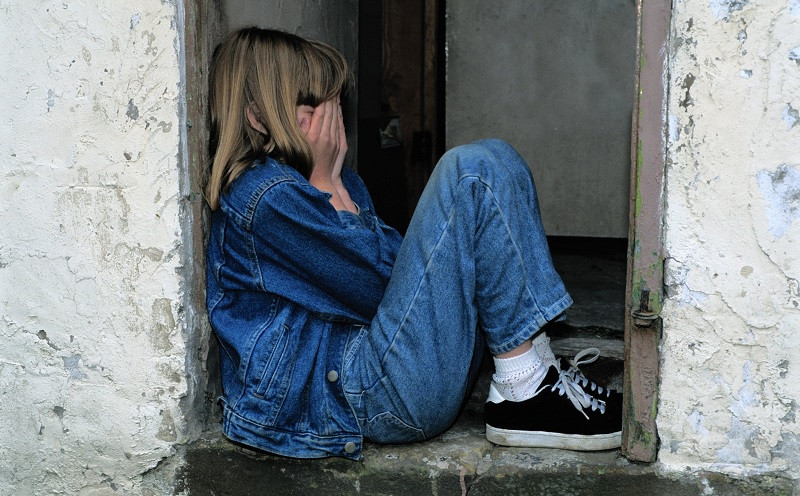
Characteristics of families in which sexual abuse can arise
Not trivializing sexual abuse requires becoming aware that these forms of violence are a phenomenon that cuts across all of society. They do not only occur in poor homes or broken families, but their prevalence extends to all types of childhoods and domestic and educational contexts: wherever there are children, sexual abuse can occur.
That is why there is no characteristic “type of family” in which this type of violation occurs against children; however, yes There are factors that increase the risk of this occurring Among them, the fact that the boy or girl does not live with relatives, drug use by one or both parents, the fact of having developed some form of disability, or contexts of domestic violence.
Sexual abuse in childhood and the family
In most cases, the perpetrator of sexual abuse of children is part of the victim’s family; Furthermore, sometimes the father and/or mother is aware of what is happening but covers up these violations. This creates a toxic atmosphere around the child who participates in the violence they are experiencing and from which it is difficult to escape: they do not only have to deal with the memories of the abuse but with the emotional ambivalence of what they feel for their father or mother, uncle or aunt, etc
In other cases, the trauma has a reach that goes beyond the immediate victim of the abuse. For example, it occurs when the father or mother blames themselves for not having realized what was happening sooner, or they consider themselves participants in what happened for not having taken action on the matter at the first suspicions, etc.
In short, the trauma of sexual abuse It has both an individual and family dimension both in the risk factors and in the effects of this form of violence.
Are you looking for psychotherapeutic support?
If you want to start a process of psychological therapy to overcome problems associated with trauma, I invite you to contact me

